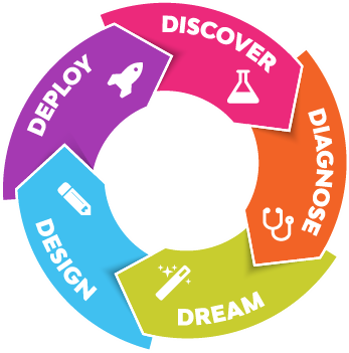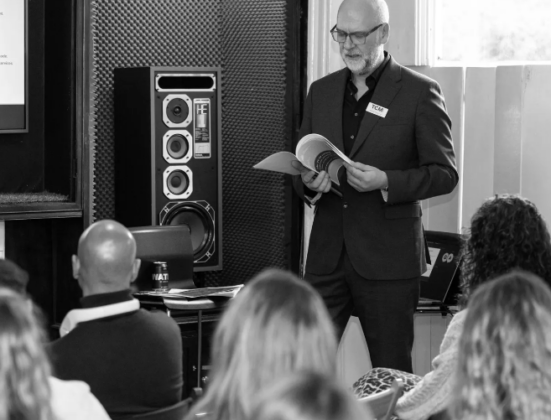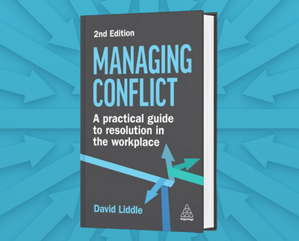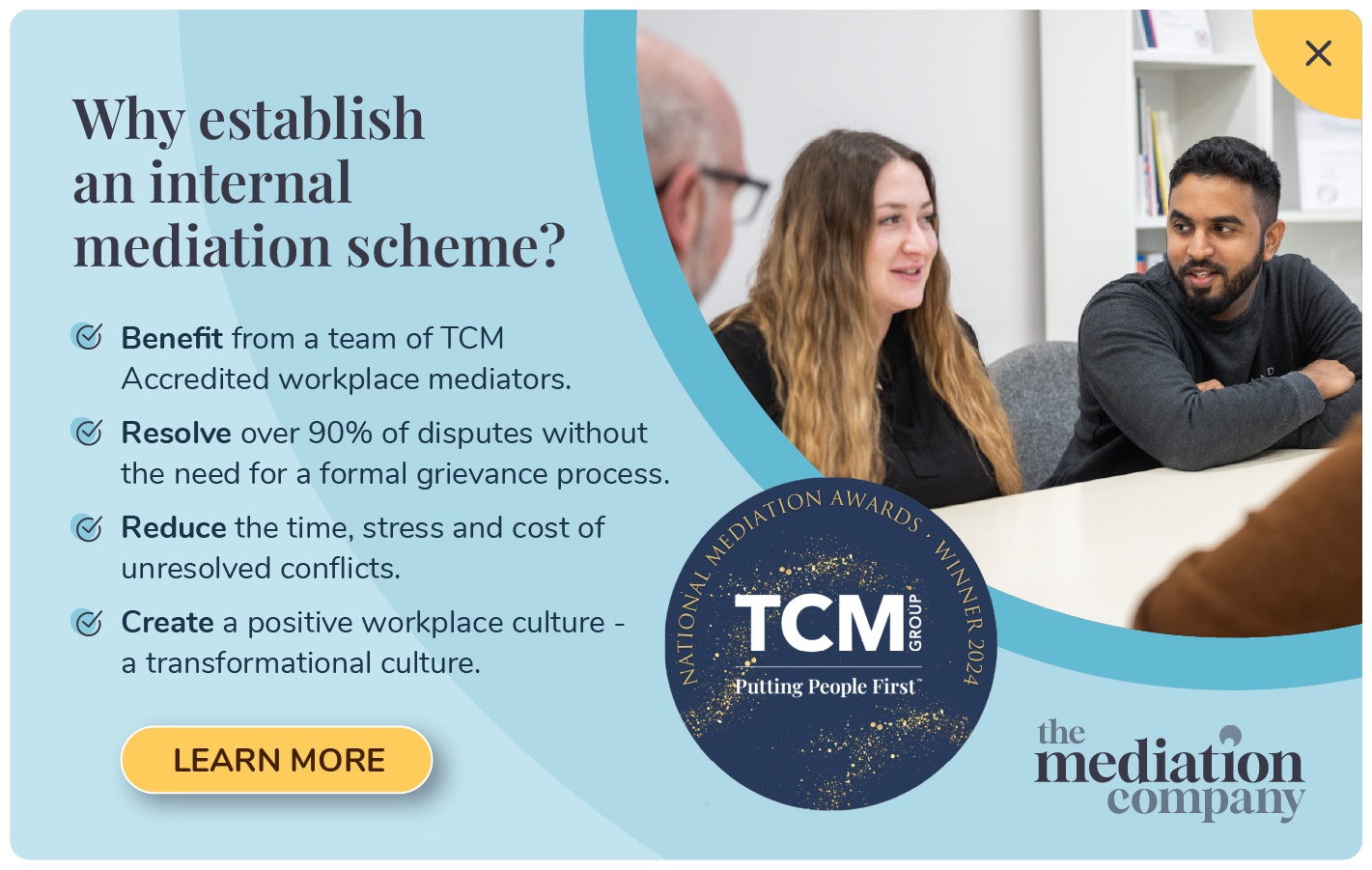
Share article:
Tags:
Research by the CIPD has shown that 26% of employees and 20% of employers believe that conflict at work is a ‘common occurrence.’ With this in mind, it’s probably no surprise that research conducted by CPP Inc. in the United States revealed that US employees spent almost 3 hours per week on average dealing with conflict at work. Due to this the annual financial cost of conflict to US organisations is $ 359 billion.
Over in the UK, a 2021 report by Acas estimates workplace conflict costs UK employers £28.5 billion every year, which is just over £1,000 on average for every employee. Within this, £11.9 billion in costs arose from resignations, £10.5 billion from disciplinary dismissals and £2.2 billion from sickness absence.
The same report, analysing workplace conflict in 2018/19 found that 9.7 million workers experienced some kind of workplace conflict, that’s almost 1/3 of the UK’s working population! Of these, over 50% suffered stress, anxiety or depression due to the conflict, 900,000 took time off work, 500,000 resigned and over 300,000 were dismissed.
While some degree of conflict at work is inevitable and if handled well can spurn innovation, problem solving, collaboration, greater understanding and empathy, these statistics frame workplace conflict as a damaging and costly aspect of workplace culture. Additionally, these statistics do not illustrate and convey the ‘human’ cost of conflict on individuals be that effects on mental health, burnout, decreased morale, decreased productivity, breakdown in wider personal and professional relationships and lots more.
Professor Richard Saundry from the University of Sheffield’s Management School, whose students authored the workplace conflict report with Acas said, “This report has revealed the true scale of the impact conflict in the workplace can have, not only in financial terms for the company, but also on workers wellbeing.” He went on to say “Employers need to focus on early interventions, investing in effective resolutions to repair employment relationships. This can include managers identifying problems early to help prevent unnecessary resignations or dismissals and employees engaging with their managers, HR or trade union reps. The findings in this report create a strong business case for investing in the capacity to prevent, contain and resolve conflict.”
TCM has been supporting organisations of diverse sizes, sectors, geographical locations and specialisms to resolve conflict at work in a more ‘human’, people-centred way for over 20 years through our mediation services and replacing organisations’ adversarial and damaging grievance, discipline and performance management systems with The Resolution Framework, which seeks to put people first for 10 years!
Organisations such as Burberry, Nationwide Building Society, Aviva, London Ambulance Service and North East Lincolnshire Council have adopted The Resolution Framework and experienced lasting positive effects.
Aviva, who implemented The Resolution Framework in 2019, quickly saw that the vast majority of workplace conflict were remedied through informal processes, saving vital time, energy and money. Anthony Fitzpatrick, head of colleague experience & employment at Aviva says: “Resolving issues has simplified from a month-long process, typically involving up to six people, to a half an hour phone call. The Resolution Framework allows people to discuss the issue, focus on the essential elements of the disagreement and find a quick and workable outcome. It’s just good business sense.”
Further advocacy of resolution within the workplace comes from luxury British fashion house Burberry, who implemented aspects of The Resolution Framework after feedback from employees. Claire Salter, director of global employee relations at Burberry echoes said “Cases were not getting resolved quickly and this was causing distress for both staff and managers. We recognised there had to be a better way of us having more mature conversations and giving our staff the opportunity to reflect, look at different choices they could have made and actually learn from the issue rather than just having an adversarial conversation.”
Further insight into how embracing resolution can support organisational health can be found on our case studies page. Alternatively, you can watch our Redefining Resolution: celebrating 10 years of the Resolution Framework webinar below.













